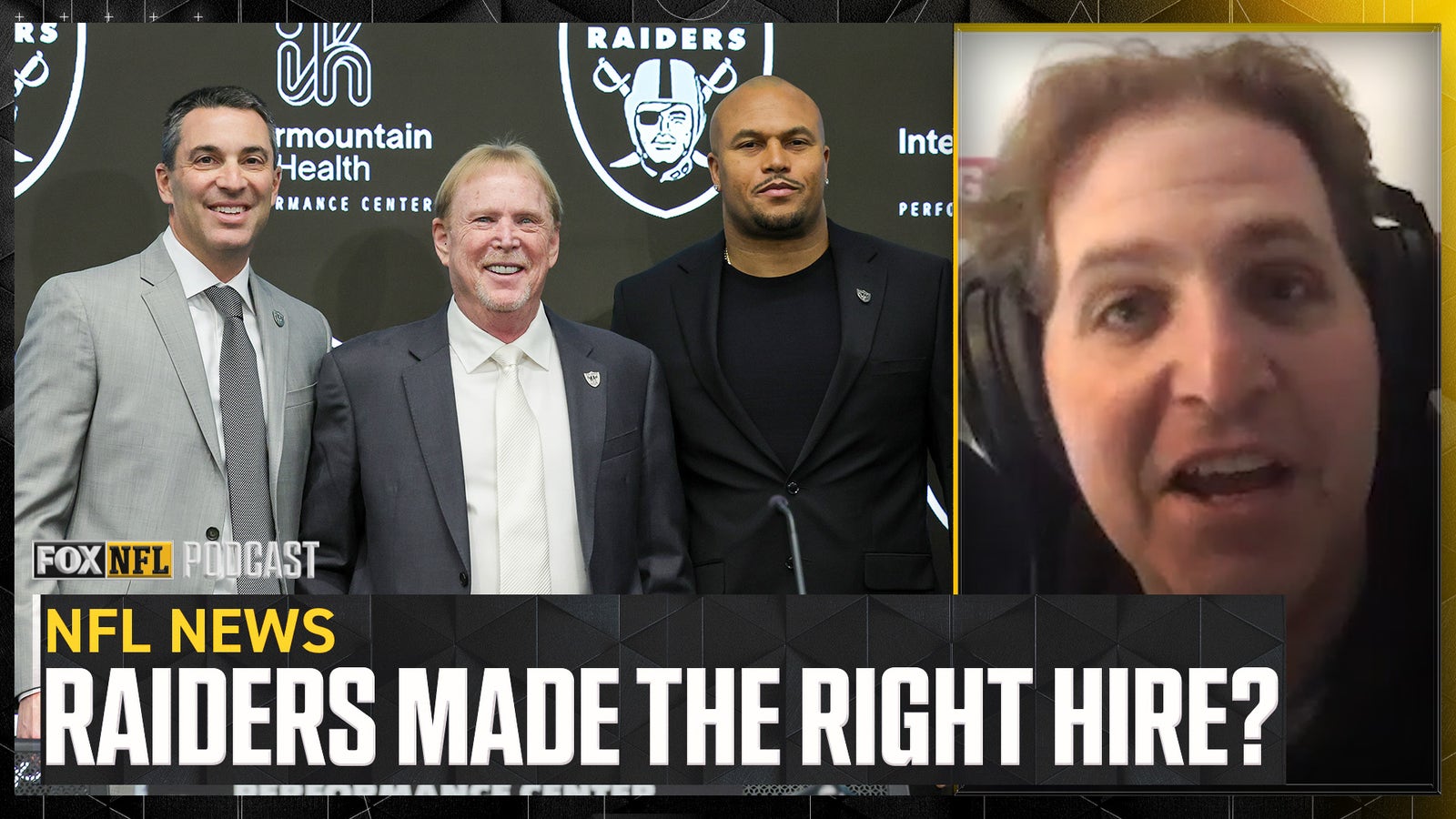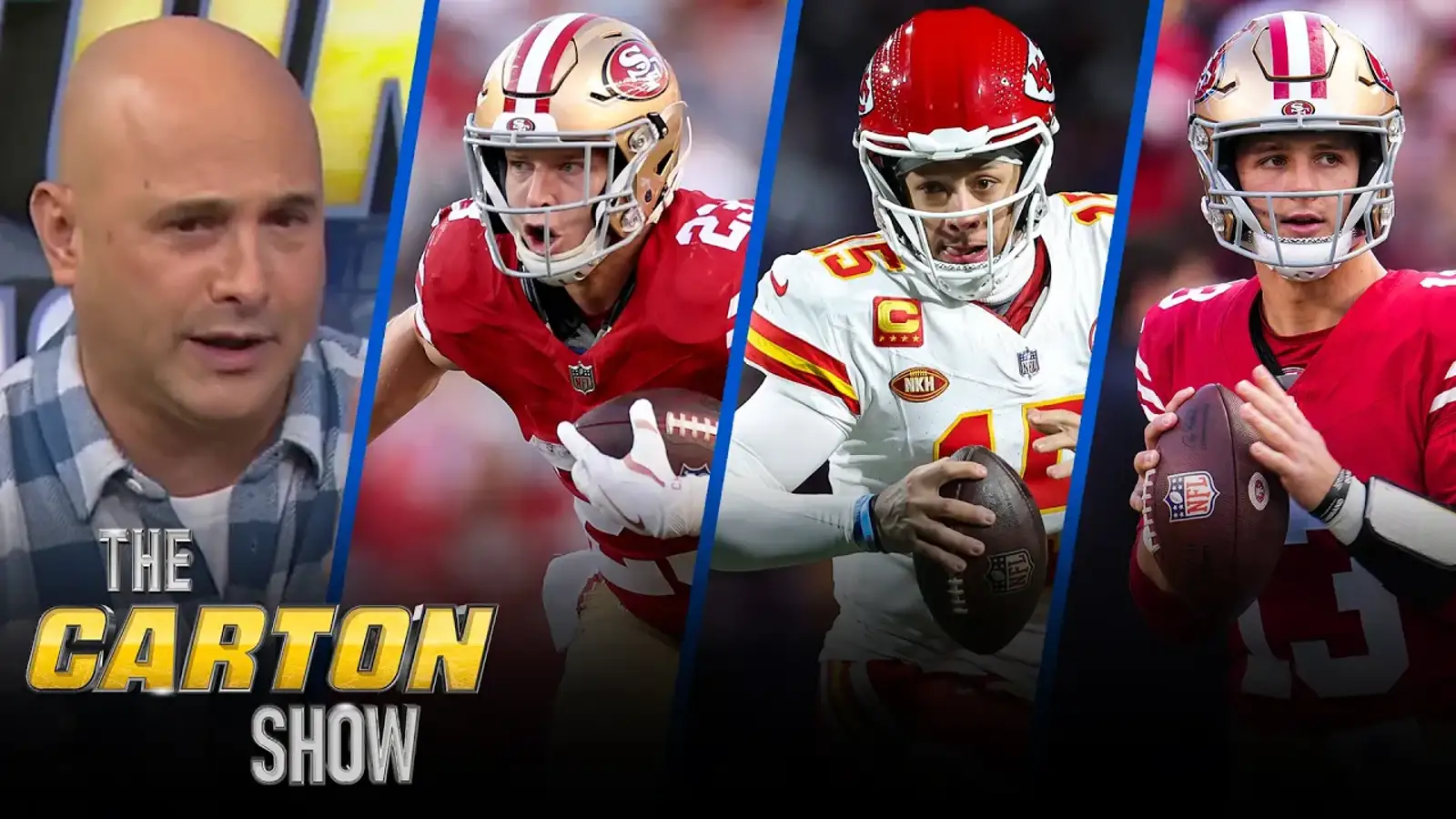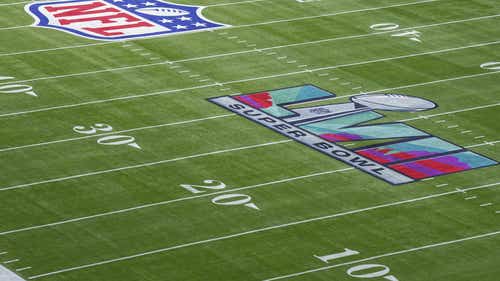
Raiders' history in Las Vegas runs deeper than you might think
Super Bowl LVIII is just around the corner, and its arrival in Las Vegas next week will provide confirmation of what we’ve known for a while: pro football in Sin City is having quite the moment.
Approaching four years after the Raiders relocated from Oakland, football’s influence on Vegas still feels fresh. Allegiant Stadium exudes its blackened gleam and this year’s Super Bowl has the unique feel that comes whenever the big game touches down in a new city for the first time.
Yet while the common perception holds that football and Vegas are recent bedfellows, that’s not the full story.
Sure, the National Football League steered clear of the Nevada desert for generations, in keeping with the thinking of the other major sports leagues, mostly on account of fears regarding association with the gambling industry.
However, football — and the Raiders themselves — have connections with Vegas that date back further than even many of their fans realize.
Nearly 60 years ago, legendary Raiders owner Al Davis set his sights on Vegas as an ideal spot for some gridiron action.
Davis enjoyed coming to Vegas for entertainment, and on one trip, the 34-year-old head coach and entrepreneur shared dinner with Ron Amos, a writer and executive attached to the Las Vegas Review-Journal newspaper. Amos convinced Davis that the town’s growing population and increasing popularity made it a solid fit for at least a one-off football game.
Davis, ever the innovator, was intrigued and ultimately decided to stage a preseason game against the Houston Oilers in August 1964, with the contest billed as a charity exhibition, likely to deflect criticism related to playing in a gambling-centric destination.
"The thing to remember at the time was that the Raiders were part of an outlaw league, the American Football League," Michael Green, an associate professor of history at UNLV and a respected local historian, told me via telephone. "And in an outlaw league, the biggest outlaw, the guy who would never be afraid to try something new, was always going to be Al Davis."
Green has researched the history of the game, assisted by newspaper reports of the time. Tickets for next Sunday’s clash between the Kansas City Chiefs and the San Francisco 49ers are changing hands for thousands of dollars, a far cry from the Raiders’ 34-20 victory in 1964 when seats were priced between $3.50 and $10.
[In what world does Taylor Swift not belong at the Super Bowl?]
The game was played at Cashman Field just outside Las Vegas’ old downtown and was reconfigured from its typical baseball usage to accommodate a crowd estimated between 8,500 and 12,000.
It was a different time, for football, sports and even Vegas itself.
"That time is such a rich part of Las Vegas history," Green added. "I think a lot of people would be surprised that football here actually goes back quite a long way, and while that game was a little bit forgotten over the years, it is a nice part of the story given how the Raiders later moved here."
Before he died in 2011, Al Davis was fond of telling stories from the 1964 exhibition, remembering that he had hired showgirls from the Desert Inn and the Stardust to work as cheerleaders, but that it was such a cold night that the performers had to wear sweaters over their glittering costumes.
Some football royalty was on the field, with Davis and future Hall of Famer Sammy Baugh the respective coaches, while George Blanda threw a touchdown pass for Houston. Davis’ assistant Ron Wolf and Raiders center Jim Otto would also later wind up in Canton.
Former Raider Frank Hawkins told Vegas news channel KSNV in 2020 how he remembered hearing about the exhibition game as a child.
"The mystique and the thrill about Al, you didn't know what he was going to do," Hawkins said. "He did what he wanted to do. He did what he thought was best for the game. Without him, there's no question the NFL would not be what it is today."
By 1970, the NFL and AFL had merged and there would be no more pro football in the city, all the way up until the developments of the past few years.
Even somewhat recently, there was strong opposition among major leagues against any Vegas involvement whatsoever, let alone the consideration of a permanent team. Now, with the NHL’s Vegas Golden Knights, two-time defending WNBA champion Aces, the NFL’s Raiders and MLB’s Oakland As due to relocate, Vegas is one of America’s biggest sports boom towns.
It is a long way removed from 2003, when the NFL admitted it had used its veto power to reject a Super Bowl commercial promoting the city, a spokesperson citing the league policy prohibiting any message "that makes reference to or mention of sports betting."
Vegas still has the feel of a new football town, and with the Super Bowl festivities about to get underway, it still is in many ways. But, thanks in large part to Al Davis, there is a deeper seam of history there too; one that deserves to be part of football folklore.
Martin Rogers is a columnist for FOX Sports and the author of the FOX Sports Insider newsletter. Follow him on Twitter @MRogersFOX and subscribe to the daily newsletter.











